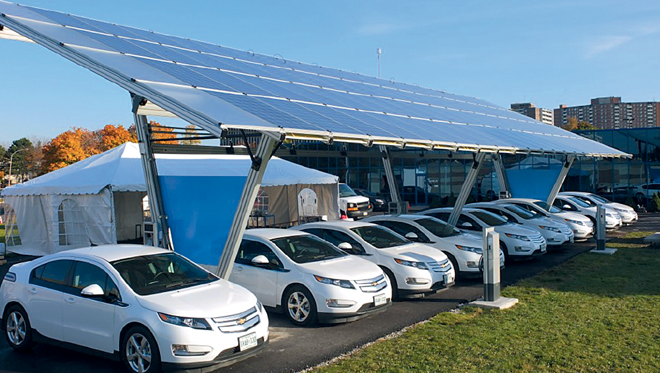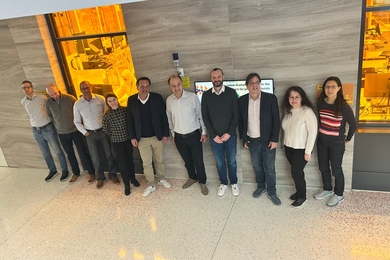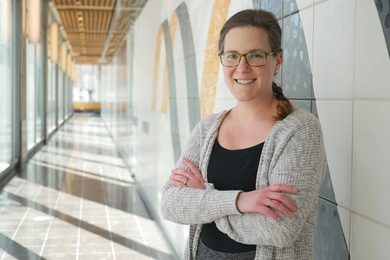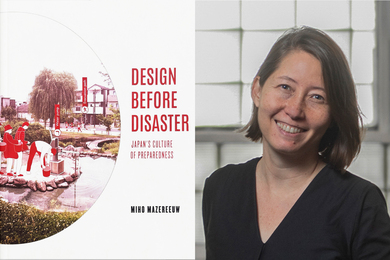Small and medium-sized enterprises (SMEs) make up 98.2 percent of businesses in Canada, and they emit as much climate change-causing greenhouse gas (GHG) emissions per year as Canada’s combined transportation sector, including every car, truck, train, plane, and ship. Reducing emissions can benefit SMEs by helping them grow while also building healthier communities.
The Center for Social Innovation in Toronto has launched a contest on MIT’s Climate CoLab platform to solicit a broad range of possible solutions to help SMEs in Ontario reduce their direct and indirect GHG emissions while helping them thrive. The winning proposals may be eligible to receive funding and support to pilot their solutions in Ontario over eight months.
“Recent research from the University of Waterloo shows us that the vast majority of SMEs believe that sustainability is important,” says Barnabe Geis, director of programs at the Center for Social Innovation. “We want to support the implementation of solutions — whether technologies, programs or services — that help SMEs meet their sustainability goals as a powerful way to both strengthen our economy and improve the health and well-being of our communities.”
Many SMEs face significant barriers to lowering their emissions, everything from lacking the technical expertise to assess options for reducing emissions to not being able to afford the upfront costs of a low-carbon technology. Once the right technologies or practices are implemented, however, the savings and other benefits to SMEs can be substantial. The contest will offer support to demonstrate the value and scalability of solutions in order to make the path towards sustainability more accessible to SMEs across the province.
The contest is now sourcing proposals on the MIT Climate CoLab platform. It allows members of the public to provide feedback to proposal authors and to cast votes for the People’s Choice Winner. A panel of judges will select three to five winning proposals to potentially be piloted in Ontario based on their desirability, feasibility, scalability, and impact.
The contest is open to proposal submissions until Aug. 3. Proposals submitted prior to July 11 will be reviewed by the judges and given feedback before the contest deadline.
Contest winners may be eligible to access a share of a $320,000 grant package and $113,000 worth of workspace, advisory services, and other in-kind support in Toronto through the Center for Social Innovation, to successfully pilot their projects in Ontario over eight months, starting in November.
“The mission of the Climate CoLab is to test how crowds and experts can work together to solve large, complex problems, like climate change,” says MIT Sloan School of Management Professor Thomas Malone, director of the MIT Center for Collective Intelligence and founder of the Climate CoLab. “Our hope is that, by constructively engaging a broad range of scientists, policymakers, business people, practitioners, investors, and concerned citizens, Climate CoLab can surface better proposals for what to do about climate change than any that would have otherwise been developed.”









